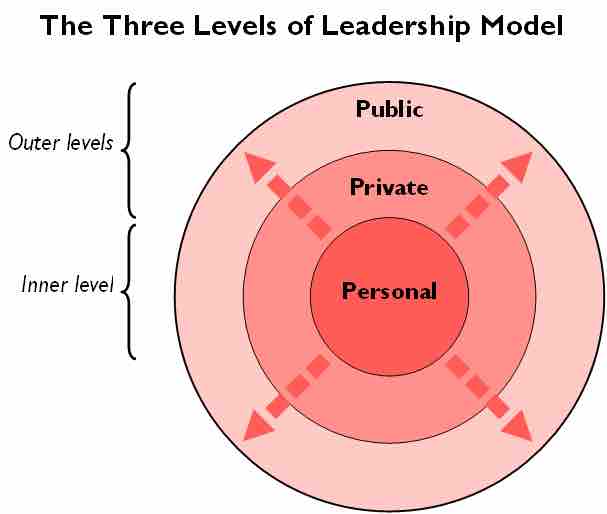Management is a functional discipline that requires a wide variety of skill sets, including organizational skills, technical skills, and people skills (or 'soft skills'). Effective management is often centered around people skills, as the resource being managed is primary the effort of human resources.
As a result, managers who are sensitive to human resources are much more likely to be successful in a leadership role.
Soft Skills and Emotional Intelligence
The skills required to lead from a human sensitivity perspective are often referred to as soft skills or EQ (emotional intelligence). According to a research done at Eastern Kentucky University, soft skills can be summarized as the following ten attributes:
- Communication – Speaking, writing, presenting, and listening
- Courtesy – Showing appropriate respect and pleasantries when dealing with others
- Flexibility – Both adaptable and teachable, good managers can fill the unique needs of each employee they manage through changing their own habits
- Integrity – Understanding the ethical implications of decisions is integral to success
- Interpersonal skills – This is an extensive list of characteristics involving social ability, friendliness, sense of humor, patience, etc.
- Positive attitude – A confident and upbeat personality tends to trickle down through work groups
- Professionalism – Reliability and professionalism go hand and hand, and showing a strong sense of professionalism can emotionally reassure employees
- Responsibility – A willingess to take credit for the team's mistakes and a willingness to give the team credit for their successes is a key component of responsible management
- Teamwork – Mangers must be collaborators, capable of filling the many roles required in a team
- Work ethic – Finally, management is hard work, and strong work ethic sets a good example.
As you can see here, the vast majority of these skills involve integrating with human resources. High performing managers are sensitive to the needs, emotions, perspectives ,and well-being of the individuals they are managing.
How to Manage Sensitively
With the above core skills in mind, managers with a strong sense of human resource sensitivity focus on managing people via the following four phases:
- Motivating - Understand what your employees are good at, and what they enjoy. Let them know they are appreciated for their skills and attitude and ensure they have everything they need to succeed in their role.
- Setting Goals - Create agreement among the team regarding direction, and identify practical objectives that won't overburden or intimidate team members. Offer feedback, and receive feedback in turn. Ensure that feedback maintains a positive note.
- Delegating - Managers must take on the functional role of delegation. This simply means dividing tasks among the work group, and letting each individual know what is expected of them and how they will contribute. Give employees credit for their successes, and as a manager it is on you to take responsibility for any failures.
- Focus on Communication - Communicating well and avoiding misunderstandings will save time and stress. Make sure tasks are clear and feedback channels are open. Listen carefully and clarify what you're hearing. Take an active interest in your employees.
Through focusing on these core human relations activities while managing, employees are likely to have the clarity, confidence, and commitment required to succeed in the workplace.

The Three Levels of Leadership
Much of a leader's responsibilities lie in managing and motivating externally. This is to say that leaders are not only defined by their internal competencies, but more importantly by their ability to translate these competencies externally.